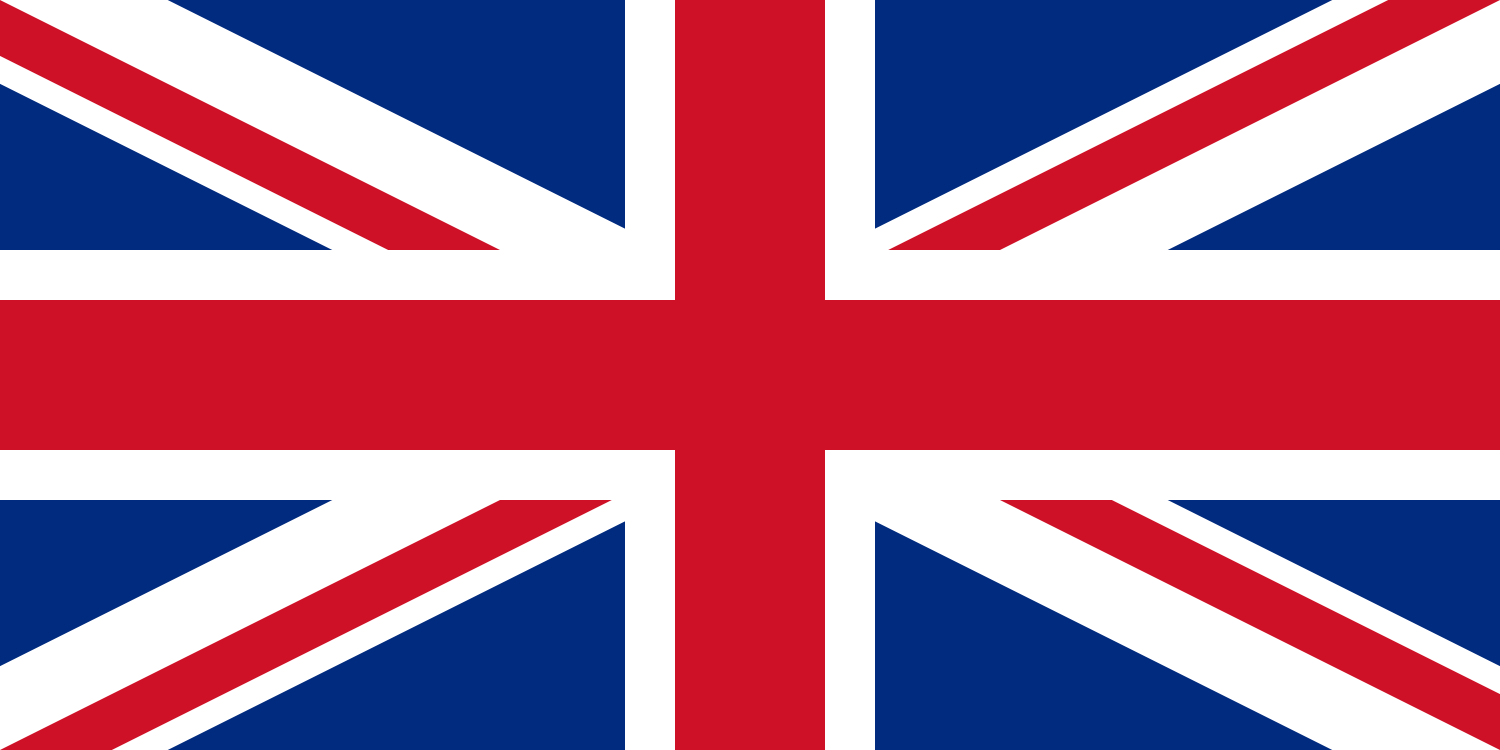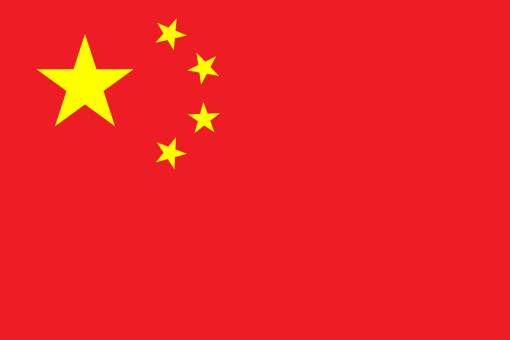Following the immense popularity of Metaverse, the term ‘Web 3.0’ is being promoted as the next generation of mainstream. At a glance, the concept of Web3 trumpets decentralized technologies and the next phase of the Internet.
Web 1.0 was the era of decentralized, open protocols whereby users navigate through individually static web pages. Web 2.0, the era we are living in currently, is the era of centralization: where data, communication and commerce takes place on closed platforms owned by a select group of powerful corporations. Google, Facebook and Amazon are amongst these giants. Web 3.0 refers to a blockchain ecosystem where applications built on the web would not be owned by a central gatekeeper. Users are expected to come together to help develop and maintain services for a chunk of ownership.
In a Web 3.0 world, individuals would control and essentially own data. A single personalised account would be used from accessing emails to shopping on commerce websites, creating a public record on the blockchain. Individuals are provided with tokens for participating in the continuation of Web 3.0, which would be used for governance. That is, to vote on decisions or to accrue monetary benefits if and when tokens appreciate in value.
Surprisingly, the notion of a decentralized web is not new. The term was coined in 2014 by Gavin Wood, developer of Ethereum. The Web 3.0 movement is, at the moment, fueled alongside the rise of NFTs (non-fungible tokens). These digital collectibles can only be bought and sold with cryptocurrency, which is backed by blockchain technology – completing the connective circle.
For a long time, Web 3.0 has been a theoretical possibility. Nevertheless, there is now a surge of momentum to take the concept into reality. As such, it is necessary for investors and users alike to keep in the loop of it all.
Rather than a revolutionary change, Web 3.0 should be seen to be a transformative state. It is a growth of the current internet, and would likely be a gradual transition that individuals might not notice. The same happened during the transformation of Web 1.0 to Web 2.0, and will likely remain synonymous with Web 3.0.
However, there are certain explosive trends that may occur, one of which is interoperability.
With Facebook’s rebranding to ‘Meta’ and its clear goal of building a digital future where everyone is living, interacting and working together in a virtual world, robus interoperability might become the next big thing. The principle denotes the ability of users to take their digital avatars from site to site or service to service seamlessly, rather than having to log in to separate accounts controlled by different companies.
The new evolution of the internet will be a provider of a more personal and customized browsing experience. With decentralization at its head, the new transformed internet will help establish a more equitable web, empowering each individual user to be more sovereign of their data.




